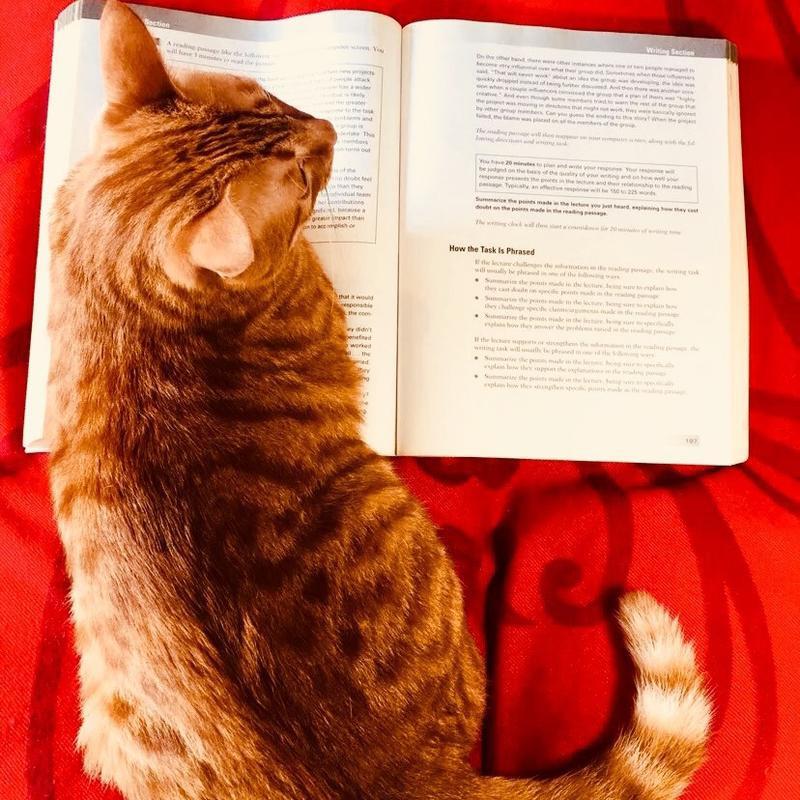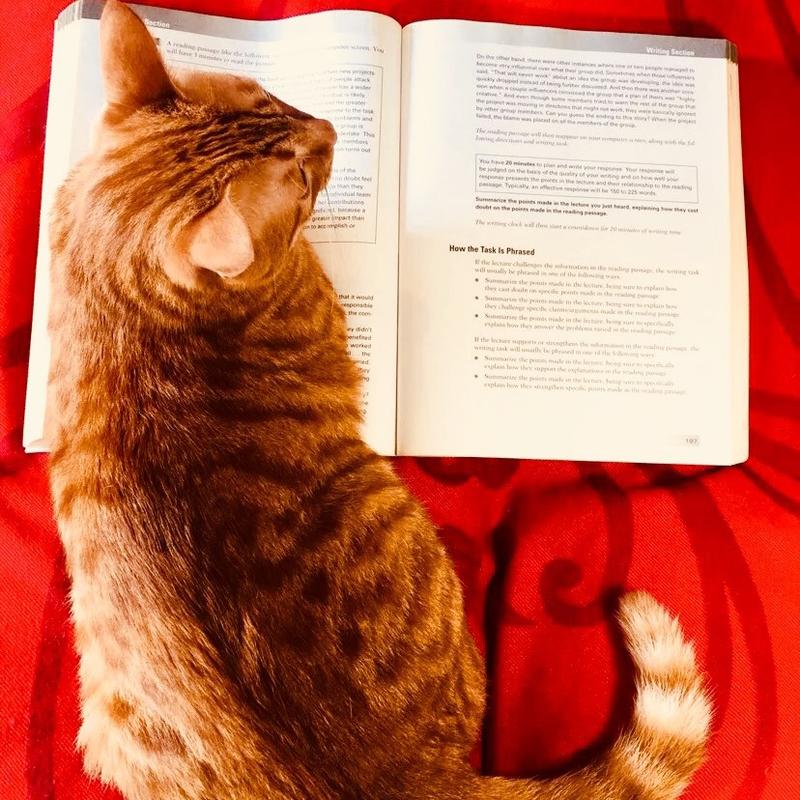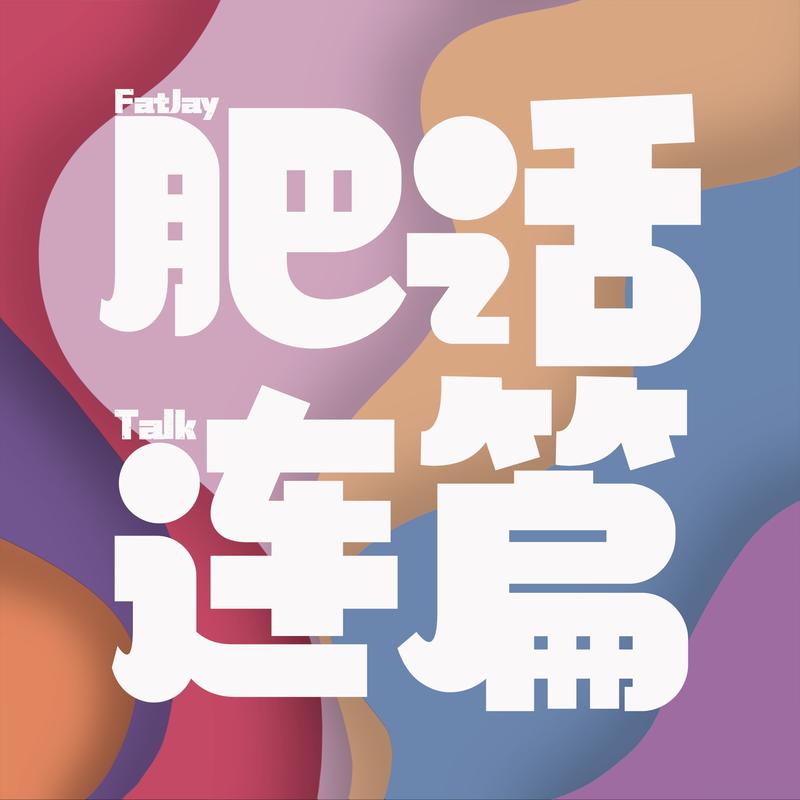雅思口语Part 1高分语料 | Notes 你喜欢记笔记吗
英语考试Cat | 雅思口语写作加油站
你好呀,欢迎收听:英语考试Cat 🐱🐱🐱🐱
Do you often write down notes?
Yes, I do actually, in fact, it's almost a daily habit for me. I've always found that putting things down on paper helps them stick in my mind better, so I prefer pen and paper when I can.
My memory's never been my strongest point, so notes act like a safety net—whether it's a quick reminder to buy groceries, a deadline for work, or a snippet of advice from a friend. Come to mention it, I keep a small notebook in my bag where I jot down to-do lists.
As a student, though, I switched to digital notes during classes, typing on my laptop is faster, and it's easier to organize them into folders or add links, which makes reviewing easier. Either way, notes are pretty much essential for me to stay on top of things.
* always found that:始终觉得
* stick in my mind:牢记在脑海
* my strongest point:我的强项/长处
* a safety net:安全保障;让人安心
* a quick reminder: 快速提醒
* buy groceries:购买食品杂货
* a snippet of advice:一点建议;“snippet” 表示简短、零散的内容
* Come to mention it:说到这个(用于转换话题、补充相关内容时的衔接语)
* jot down:匆匆记下;随手写下
* switched to:切换到;转用
* folders:文件夹
* stay on top of things:对情况了如指掌/保持有序状态
Do you make a lot of lists on your phone?
I do use my phone for lists, but not excessively. It's more for quick, on-the-go reminders.
For instance, if I'm out and suddenly remember I need to do something, I'll send myself a quick message on WeChat. Once I've done the task, I delete the message to keep things tidy; if not, it'll linger there for a while. When I'm in a rush, I'll even send myself voice notes because it's faster than typing.
* excessively:过度地;过分地
* on-the-go reminders:即时提醒;“on-the-go” 强调随时随地
* keep things tidy:让事情保持整洁(有序)
* linger:留存;徘徊
* in a rush:匆忙;赶时间
When do you usually make notes?
I make notes in all sorts of situations—during classes, work meetings, or even just when I'm planning my day. Since my memory's a bit unreliable, notes are my way of "saving" important details.
At work, I'll scribble down key points from meetings, then review them later to map out my next steps, otherwise, I might forget a crucial deadline. For classes, I take notes in lectures, which I'll flip through before exams or when I'm revisiting a topic for assignments.
Even with personal stuff, like weekend plans or a book recommendation, I'll note it down or take screenshots. It's like having a backup for my brain.
* in all sorts of situations:在各种各样的情况下
* unreliable:靠不住的
* scribble down:匆匆记下
* map out: 规划、拟定
* my next steps:后续步骤;下一步计划
* assignments:作业;任务
* personal stuff:个人事务;私人事情
* recommendation:推荐
* take screenshots:截屏
* backup:备份
Is it common in your country for people to write notes?
I think it varies by age group. Younger people, like students or professionals in their 20s and 30s, often rely on notes I'm sure, whether it's digital apps or notebooks. We're so used to juggling multiple tasks that writing things down feels second nature.
For older generations, though, it's a bit different. Many prefer keeping mental notes—they've got a knack for remembering things without writing them down. But even among them, some will jot down important stuff, like doctor's appointments, just to be safe, but as with my parents or grandfather, it'll be on some scrap of paper, so it's easily lost.
Overall, note-taking is pretty common, but the how and why depend on who you ask.
* age group:年龄段
* professionals:职场人士
* in their 20s and 30s:二三十岁
* juggling multiple tasks:同时处理多项任务;“juggle” 原义 “玩杂耍”,引申为 “同时应付、兼顾”
* feels second nature:习以为常
* older generations:老一辈
* keeping mental notes:记在脑子里
* got a knack for:有…… 的诀窍;擅长……
* doctor's appointments:就医预约
* just to be safe:保险起见;以防万一
* scrap of paper:一张小纸片;零碎纸张
* note-taking:记笔记;这是名词化的表达,指记笔记这个行为
-------------------------------------------------------------------------------
顺便打个广告:
欢迎朋友们加入我的【知识星球】
里面有10万字的雅思口语书,内容梗概:
(1) 78个Part 1话题语料
(2) 55个Part 3话题语料
(3) 40个Part 2话题语料
(4) 雅思口语高分tips
(5) 雅思口语高分词汇表达
这本口语书是PDF的,放在了我的知识星球,星球里除了这本书,还有雅思听说读写、语法基础知识等内容。
星球目前的价格是388元/年,欢迎加入。如不适合,星球可以3天无理由退款,付的款会原路返还给你。










